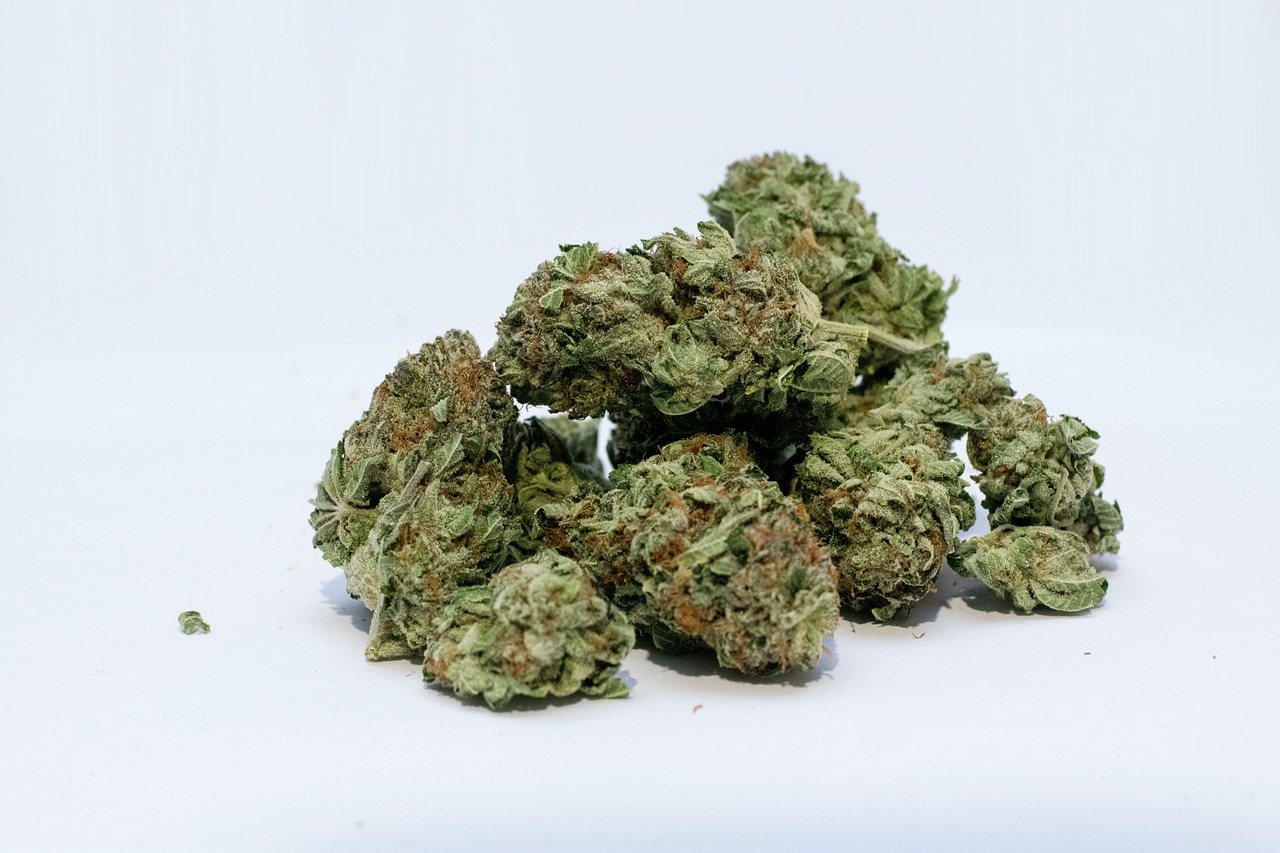The Effects of Cannabis on Sports Performance
Introduction
Cannabis, also known as weed or marijuana, has long been associated with recreational use and relaxation. However, there is growing interest and debate surrounding its potential effects on sports performance. Can cannabis enhance athletic performance, aid in recovery, and improve cognitive function? In this article, we will delve into the research and explore the complex relationship between cannabis and sports performance.
Working Out with Cannabis
Before we delve into the effects of cannabis on sports performance, it's important to understand the goals and attributes athletes strive to improve. Whether it's achieving a new personal best or recovering from intense training, cannabis may have potential benefits for athletes. Let's explore how cannabis can influence sports performance.
The Ergogenic and Ergolytic Effects of Cannabis
When discussing the effects of cannabis on sports performance, we often come across the terms "ergogenic" and "ergolytic." Ergogenic substances enhance performance, energy production, protein synthesis, or recovery, while ergolytic substances impair performance. Cannabis can exhibit both ergogenic and ergolytic effects, depending on various factors.
The Effects of Cannabis on Endurance
Endurance is a crucial factor in sports performance, as it determines an athlete's ability to endure physical exertion. Many athletes are curious about whether cannabis can enhance endurance and help them push their limits. While the research is limited, some studies suggest that cannabis may have advantages in terms of psychotropic enhancement and pain reduction, which could potentially support maximal exercise performance.
However, research on the effects of cannabis on endurance is inconclusive. Studies measuring maximum oxygen uptake and physical work capacity have failed to show significant differences between control groups and chronic cannabis users. More research is needed to determine the true impact of cannabis on endurance performance.

Cannabis and Muscle Recovery
Recovery plays a crucial role in sports performance, as it allows the body to repair and adapt to the physical stress placed upon it. Quality rest and effective recovery strategies are essential for athletes to maintain consistency in their training. Can cannabis aid in muscle recovery?
While high-THC cannabis may impair cognitive function and lead to memory impairment, CBD-focused products and high-CBD strains show promise in supporting recovery. CBD, or cannabidiol, has been associated with potential benefits in terms of sleep, pain management, and stress reduction. Its anti-inflammatory properties may contribute to improved muscle recovery. However, more research is needed to fully understand the effects of CBD on muscle recovery in the context of sports performance.
Cannabis and Cognitive Function
In addition to physical attributes, cognitive function plays a vital role in sports performance. Mental resilience, focus, and concentration are crucial for athletes to excel in their respective sports. Can cannabis enhance cognitive function and provide an edge in performance?
Preliminary research suggests that CBD, in particular, may have potential benefits for cognitive function. CBD has been reported to have physiological, biochemical, and psychological effects that could benefit athletes. It may help with sleep, pain management, thermoregulation, sports performance anxiety, and stress. However, further controlled clinical trials are needed to establish the true impact of CBD on cognitive function in the context of sports performance.
How to Incorporate Cannabis for Sports Performance
If you're considering incorporating cannabis into your sports performance routine, it's important to understand how to use it effectively. Factors such as product bioavailability, concentration, and duration of effects play a crucial role in optimizing the benefits of cannabis for sports performance. Here are some consumption methods to consider:
Smoking or Vaping
Smoking or vaping cannabis allows for rapid absorption of cannabinoids into the bloodstream. This method provides quick onset effects, making it suitable for pre-workout use. However, it's important to consider the potential negative impacts on lung health and respiratory function associated with smoking.
Edibles
Edibles, such as cannabis-infused snacks or beverages, offer a discreet and long-lasting effect. They are an ideal option for athletes who prefer a sustained release of cannabinoids throughout their workout or recovery period. However, it's crucial to pay attention to dosage and timing to avoid unwanted effects or impairment during physical activity.
Topicals
Cannabis-infused topicals, such as creams or balms, can be applied directly to specific areas of the body experiencing pain or inflammation. These topicals may provide localized relief and aid in muscle recovery. However, they do not produce psychoactive effects as they are not absorbed into the bloodstream.
CBD Supplements
CBD supplements, such as oils or capsules, offer a convenient and precise way to incorporate CBD into your sports performance routine. These products typically contain little to no THC, minimizing the risk of psychoactive effects. CBD supplements may be beneficial for recovery, sleep, and stress management.
Drug Testing in Sports: THC and CBD
When considering the use of cannabis for sports performance, it's essential to be aware of the regulations and policies surrounding drug testing. Most professional sports organizations prohibit the use of THC (tetrahydrocannabinol), the psychoactive compound in cannabis, due to its potential performance-enhancing effects and legality concerns.
However, CBD, which does not produce psychoactive effects, is generally allowed in sports. It's important to choose CBD products that are third-party tested and contain no detectable THC to ensure compliance with anti-doping regulations.
Potential Risks of Cannabis for Sports Performance
While cannabis may have potential benefits for sports performance, it's crucial to understand and consider the potential risks. Here are some factors to keep in mind:
Impaired Motor Function and Coordination
Cannabis use can impair motor function, coordination, and reaction time. These effects can hinder sports performance and increase the risk of injury. It's important to be mindful of the timing and dosage of cannabis consumption to avoid impairment during physical activity.
Individual Variations in Response
Individual responses to cannabis can vary greatly. Factors such as body composition, metabolism, tolerance, and genetics can influence how cannabis affects an individual's performance. It's essential to start with low doses and evaluate how your body responds before incorporating cannabis into your sports routine.
Legal and Ethical Considerations
The legal status of cannabis varies across countries and sports organizations. Athletes should be aware of the laws and regulations in their jurisdiction and the policies of their respective sports organizations regarding cannabis use. Violating these regulations can result in serious consequences, including disqualification and disciplinary action.
Conclusion
The relationship between cannabis and sports performance is complex and multifaceted. While cannabis may offer potential benefits in terms of endurance, muscle recovery, and cognitive function, more research is needed to establish its true impact. Athletes considering incorporating cannabis into their routine should be aware of the potential risks, legal considerations, and individual variations in response. It's important to consult with healthcare professionals and adhere to anti-doping regulations to ensure safe and responsible cannabis use in the context of sports performance.
Remember, the information provided in this article is for educational purposes only and should not be considered as medical or legal advice. If you have any concerns or questions, consult with a healthcare professional or legal expert before using cannabis for sports performance.


